Final evaluation of WEGO2 to support women economic empowerment contrasting intimate partner violence
Title WeGo2- “Building economic independence: the way out of intimate partner violence (IPV)”
Location Italy, Bulgaria, Greece and Spain
Duration 2018 – 2020
Project leader Action Aid Italia
Partners Center for Sustainable Communities, Development (CSCD-BG), Institute for Social Research (IRS-IT), Rel.Azioni Positive Cooperative (IT), SURT Foundation (ES), Women’s Center of Karditsa (WCK, GR
Funding Rights, Equality and Citizenship Programme of the European Union
Context
Violence against women is widespread in Europe and the scaling up of intimate partner violence (IPV) is alarming. According to the European Agency for Fundamental Rights, almost one in four women experience physical and/or sexual violence in a relationship with a man. Its causes are often interrelated with poverty, economic dependency and gender discrimination. The lack of economic independence is one of the main challenges women face when they try to leave their abusive partner. This issue is coupled with the fact that women are considerably under-represented in the labour market and in management roles, with the overall female employment rate still being lower than that of men. With respect to GBV, the economic empowerment is conceived as a key factor to disrupt a detrimental balance of power fomenting both personal and structural violence. Along this line, the economic empowerment is crucial to both overcome and prevent violence as well as to promote the consolidation of a more equal and inclusive social structures.
WEGO2 project is the continuation and scale up of WEGO!, a project implemented between 2016 and 2018 which was aimed at strengthening support services for women who escaped from IPV. To this regard, the project have developed and promoted the dissemination of a training toolkit aimed at strengthening shelters and anti-violence centres’ capacity to promote IPV survivors’ socio-economic empowerment.
In WEGO2, partners focused on the enhancement of women’s social networks and capacities to access the job market. To this regard, WeGo2 aimed at boosting the effectiveness of local support systems, mainly by supporting the skill-enhancement of AVCs and operators, promoting theformalization of multilateral local partnerships through the creation of Territorial Protocols and engaging enterprises in awareness-oriented actions and job matching initiatives.
WeGo! and WeGo2 will be followed by a third edition, namely WeGo3. The project is expected to increaselocal multi-agency networks capacity to promote the socio-economic independence of women IPV survivors by designing and adopting gender-responsive labour policies.
General Objective
WeGo2, thus, aims at supporting the economic empowerment of women who survived domestic violence by strengthening local, national and European support systems and multi-disciplinary cooperation among private and public stakeholders.
ARCO carried out the final evaluation to assess how effectively the project has reached its targets and objectives, and the social impact generated by its activities. Particular attention as been devoted to the assessment of the positive changes triggered by the project, with reference to the recently designed framework developed by Action Aid Italia in order to evaluate women’s socio-economic empowerment.
Our Contribution
The evaluation was carried out through:
- The desk analysis of the quantitative information collected throughout the project
- The use of qualitative and participatory methodologies to include key stakeholders in the evaluation activities. These included individual and collective interviews and focus groups discussions.
Researchers applied a proper gender-sensitive lens to all evaluation activities.
Given the restrictions imposed by the global pandemic, the data collection process of the final evaluation has been carried out through web-conferencing platforms. During the whole process, Researchers explored and implemented new approaches to conduct participatory focus group discussions, developing innovative and effective tools that allowed to focus the evaluation process on the perceptions of beneficiaries and stakeholders.
 Promoting the economic empowerment of women, an in-depth study
Promoting the economic empowerment of women, an in-depth study
Discover more on the M&E and Impact Evaluation Unit
Related Projects
-

Monitoring Information System for project WATDEV on water management and sustainable development in East Africa
-

Research on knowledge, attitude, social norms and practice on reproductive health rights and gender-based violence in Narok county, in Kenya
-

Evaluation of the project that promotes food security and climate resilience in Mozambique
-
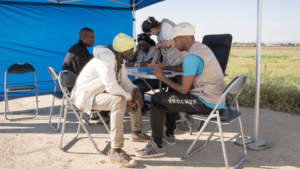
Evaluation of the project strengthening migrants’ right to health in Italy, Greece and Malta
-
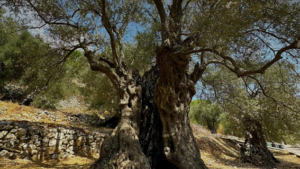
Final evaluation of the project that strengthens olive farmers’ resilience in Southern Lebanon
-
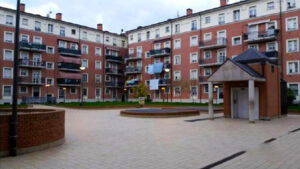
Social impact assessment of the Rapporti Corti project for socio-educational inclusion in the Navile district of Bologna
-

Evaluation of the Naseej project to stop gender-based violence in Iraq, Yemen, and Palestine
-
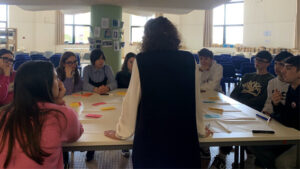
Evaluation of the project that promotes youth employment in Italy
-
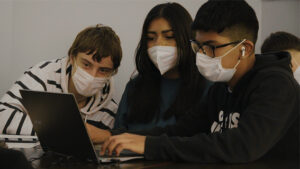
Final evaluation of the ‘5G Smart School’ project for innovative teaching in Italian schools
-
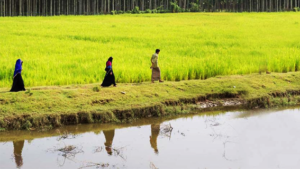
Evaluation of the project that fosters mainstreaming migration into international cooperation and development policies
-

Final evaluation of a project to contrast educational poverty in Albania
-
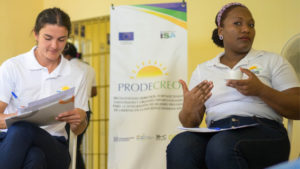
Evaluation of the project PRODECREO to promote the rights and socio-occupational reintegration of women deprived of their liberty in the Dominican Republic
-
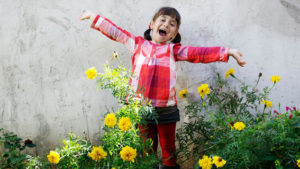
Final evaluation of the SOS Children’s Villages family strengthening project in Bosnia and Croatia
-

Evaluation of the project for the motor rehabilitation of oncological children in Turin
-
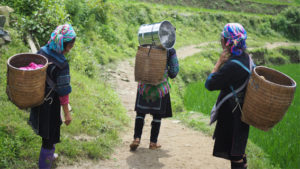
Evaluation of the project that aims to improve the health of the most vulnerable in Myanmar
-
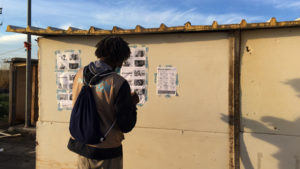
Final evaluation of the project that fosters proximity social-health services in the informal settlements of the Province of Foggia
-

Food Wave, Monitoring the project that promotes sustainable food consumption among young Europeans
-
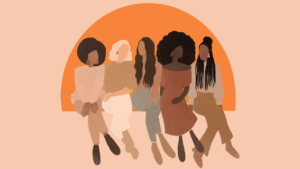
Spazio Donna, evaluation of the projects to foster women empowerment and contrast gender-based violence
-

Evaluation of the projects “M’Interesso di Te” that tackle unaccompanied foreign minors’ integration
-
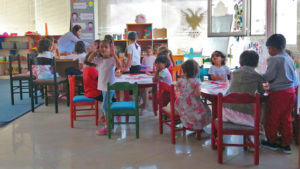
Evaluation of psycho-socio-sanitary interventions in response to the COVID-19 pandemic and the earthquake in Albania
-
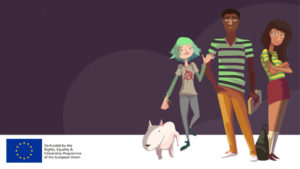
Final evaluation of the Youth For Love project to raise young people’s awareness of gender-based violence
-
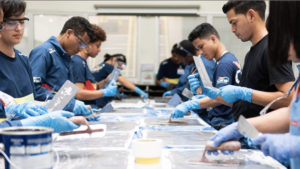
Multi-country mid-term evaluation of the YouthCan! programme, promoting the employability of vulnerable young people
-

Final evaluation of WEGO2 to support women economic empowerment contrasting intimate partner violence
-
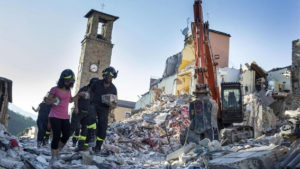
Action Research for the project Do.N.N.E against gender-based violence in Central Italy
-

Evaluation of the project “Mentors for Resilience” to contrast educational poverty
-
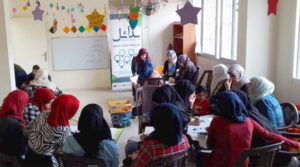
Outcome Harvesting of the project that aims to promote stability and social enterprise in Lebanon
-
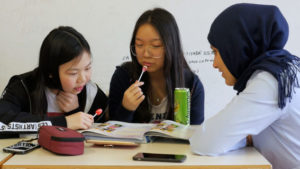
Annual evaluation and SROI of the programme “Nessuno Escluso” to contrast social exclusion and educational poverty in Tuscany
-
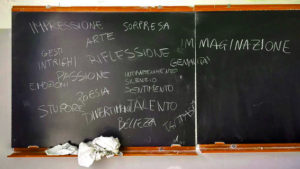
Evaluation of the project “Dreams and Needs” to contrast educational poverty in Italy
-
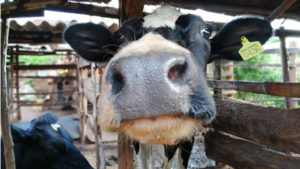
Mid-term evaluation of the project MilKy for the development of a sustainable dairy supply chain in Kenya
-

Final evaluation of Pe.R.Co.rrere: resilience of communities in Center Italy
-

Evaluation of the promotion campaign for Piave DOP cheese in Austria, Germany and Italy
-
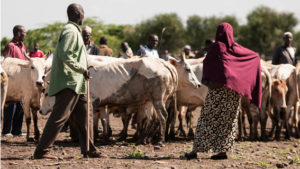
Mid-term & final evaluation of a project to strengthen resilience to climate shocks in Kenya
-
Evaluation of the promotion campaign for Italian specialities in Japan
-
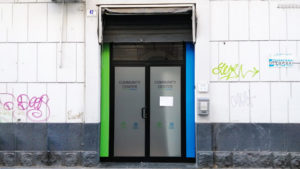
Community center, final evaluation of the social inclusion project
-
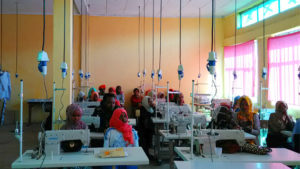
Mid-term evaluation of the project to contrast irregular migration in Ethiopia
-
Mid-term evaluation of the project for the conservation of Protected Areas in Albania
-

Social Impact Assessment of children’s protection programmes in Kyrgyzstan
-
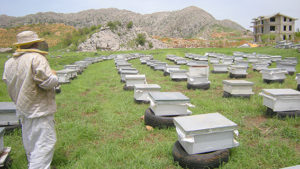
Monitoring&Evaluation of reintegration services for drug addicts and ex-addicts in Lebanon
-
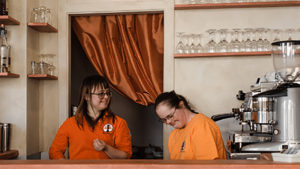
SROI Analysis, Albergo Etico social performance
-
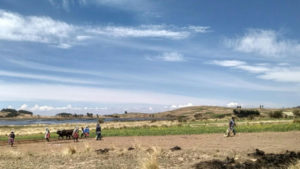
ECO.COM: strengthening local economic development in Bolivia
-

Improving the sustainability in the cherry supply chain in Bulgaria and Turkey
-
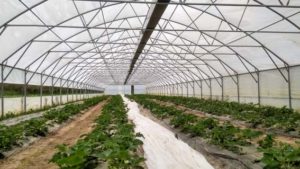
Evaluating sustainable agricultural supply chains in Bosnia Herzegovina and Albania
-
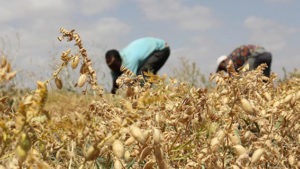
Impact evaluation of the creation of a durum wheat supply chain in Ethiopia
-
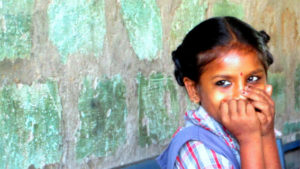
Impact evaluation of a Rehabilitation programme in India